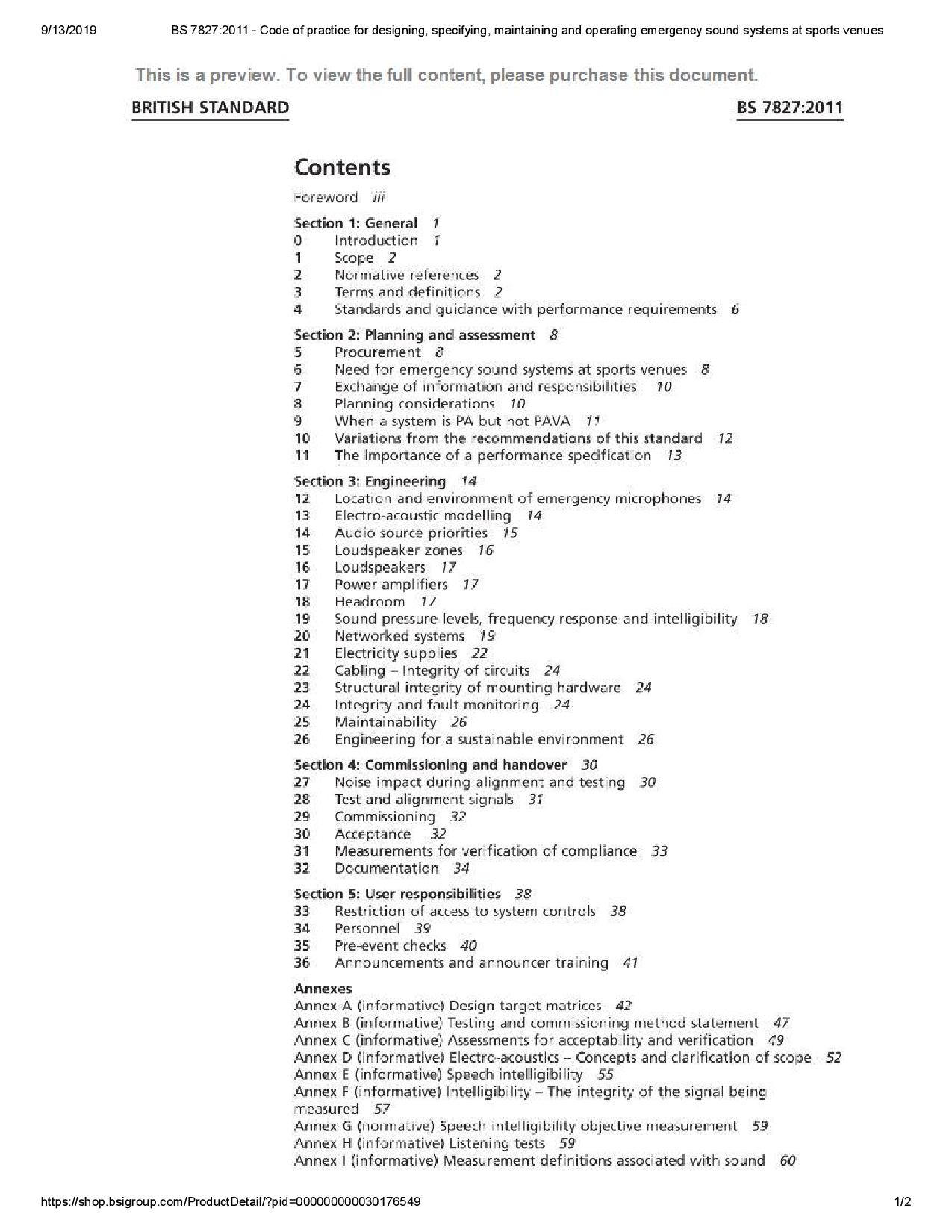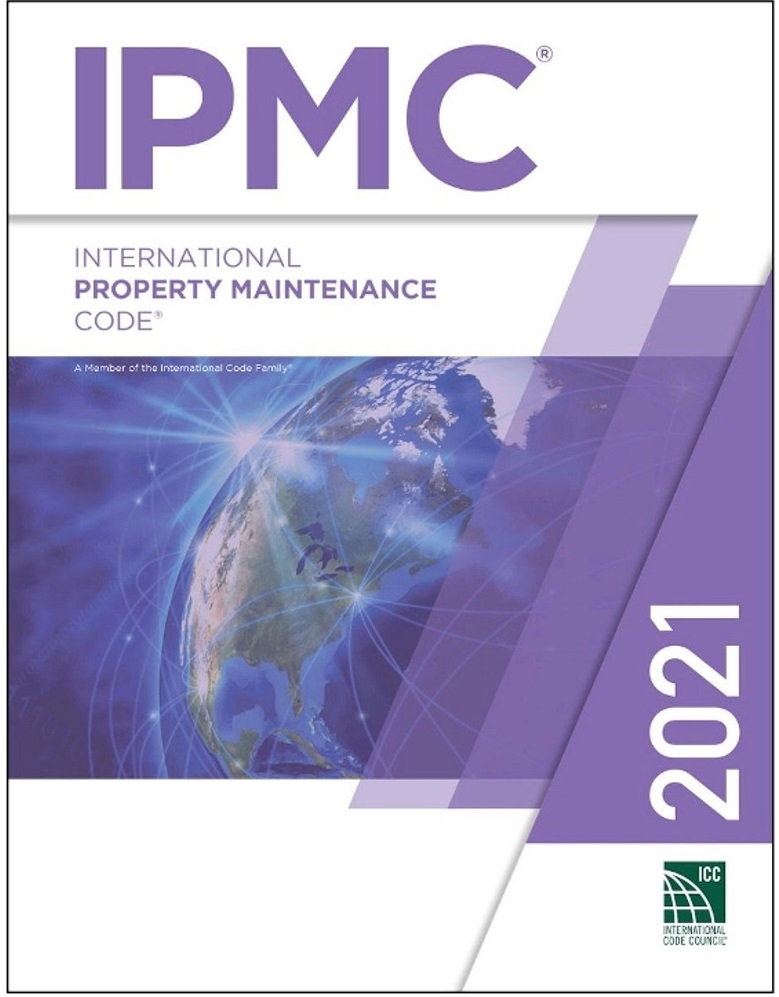Intelligent Fashion Recommender System: Fuzzy Logic in Personalized Garment Design
L. C. Wang – X. Y. Zeng – L. Koehl – Y. Chen
Ecole Nationale Supérieure des Arts et Industries Textiles
Abstract. This paper proposes a new intelligent fashion recommender system to select the most relevant garment design scheme for a specific consumer in order to deliver new personalized garment products. This system integrates emotional fashion themes and human perception on personalized body shapes and professional designers’ knowledge. The corresponding perceptual data are systematically collected from professional using sensory evaluation techniques. The perceptual data of consumers and designers are formalized mathematically using fuzzy sets and fuzzy relations. The complex relation between human body measurements and basic sensory descriptors, provided by designers, is modeled using fuzzy decision trees. The fuzzy decision trees constitute an empirical model based on learning data measured and evaluated on a set of representative samples.
The complex relation between basic sensory descriptors and fashion themes, given by consumers, is modeled using fuzzy cognitive maps. The combination of the two models can provide more complete information to the fashion recommender system, making it possible to evaluate if a specific body shape is relevant to a desired emotional fashion theme and which garment design scheme can improve the image of the body shape. The proposed system has been validated in a customized design and mass market selection through the evaluations of target consumers and fashion experts using a method frequently used in marketing study.
CLICK HERE to order complete paper




















